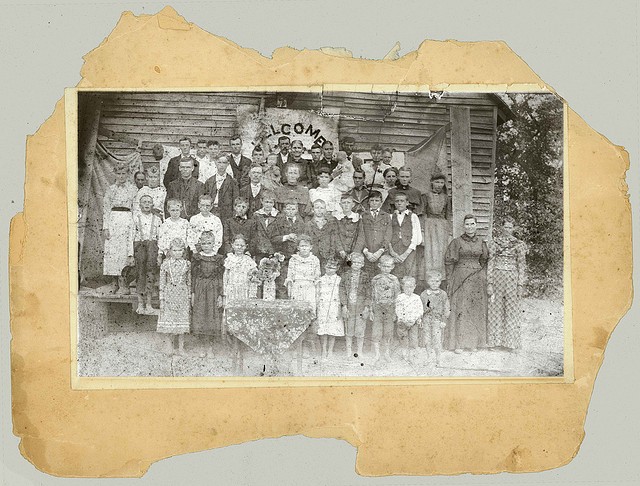Blame the Patriarchy For Your Lack of Social Mobility

You’d be forgiven if you saw today’s The Atlantic article “What’s In a Name? Everything.” and thought it was another Freakonomics-style piece about how passing along certain surnames to your children can inhibit their social mobility because we as Americans are presumptive and racist jerks.
Well, passing along certain surnames can inhibit social mobility, and we as Americans are often presumptive and racist jerks, but that’s not why these two items are necessarily connected — not according to UC-Davis economic historian Gregory Clark’s new research, anyway.
Gregory Clark’s new book The Son Also Rises: Surnames and the History of Social Mobility examines how wealth, status, and opportunity are passed down from parents to children, and how likely it is that a family — not an individual, but an entire family — is able to rise socially and economically over time.
Clark’s thesis is that social mobility is “a universal constant,” in that the rate in which a family moves socially is not affected by culture or history. He states that it takes 10 to 15 generations, or up to 400 years, for a family to move from one social class position to another.
Most importantly, as The Atlantic notes: “If mobility is constant, then the ability of social institutions to affect it must be negligible.”
There’s a lot to break down here. It is making me think of my own family, and how although standards of living have improved on the surface level, we’re still essentially in the same social class that we were maybe even 150 years ago. (So we’ve got 250 years to go until we’re RICH BABY RICH — that’s what that statistic means, right?)
The idea of social mobility being a family thing and not an individual thing is also ridiculously interesting; I’d like to read the book because I’m sure it has a lot of additional detail about social mobility through marriage, what happens to the one kid who becomes super-rich and/or super-famous and whether that single person affects the rest of the family including future generations, and how all of this ties in to the Freakonomics bit about HR managers making biased judgments based on a name written on a resume.
And then there’s the piece about “the ability of social institutions to affect mobility must be negligible,” which I can only follow up with but those social institutions are still important, if not crucial. We can’t stop working to provide people with opportunities simply because we’re providing micro-level solutions to a macro-level economic problem.
What do you all think? Have your families experienced changes in social mobility over generations?
Photo: Anyjazz65
Support The Billfold
The Billfold continues to exist thanks to support from our readers. Help us continue to do our work by making a monthly pledge on Patreon or a one-time-only contribution through PayPal.
Comments